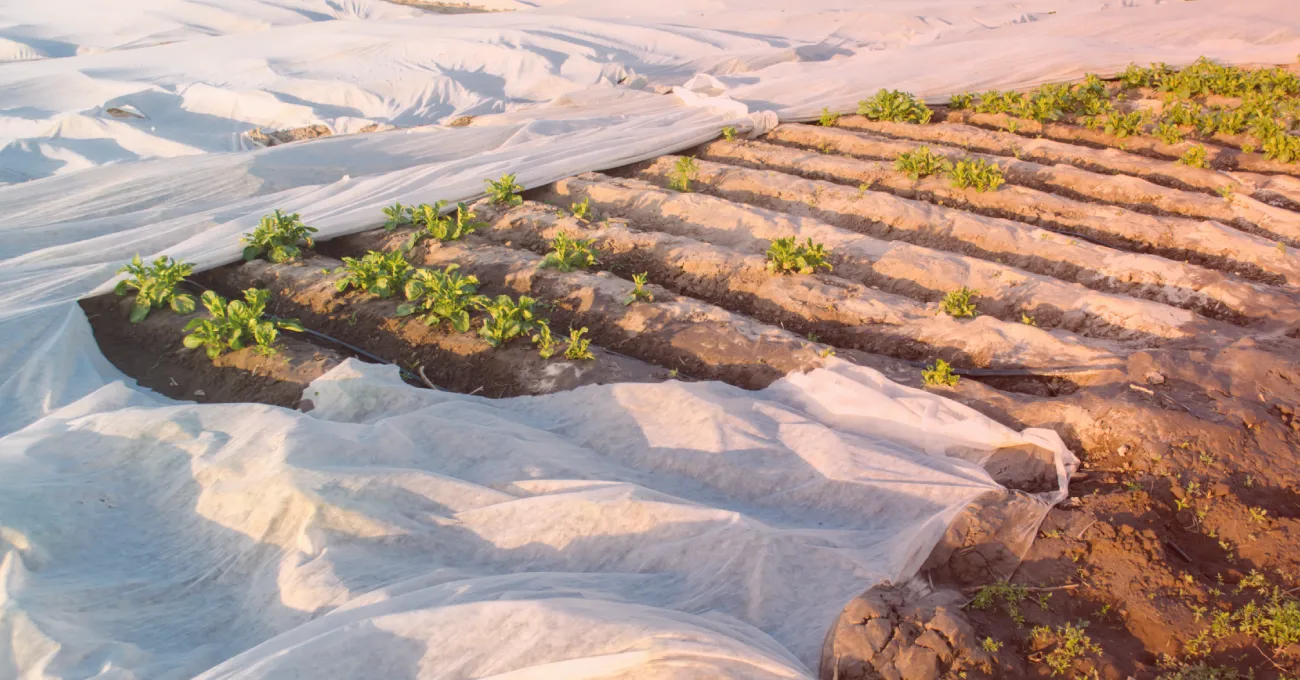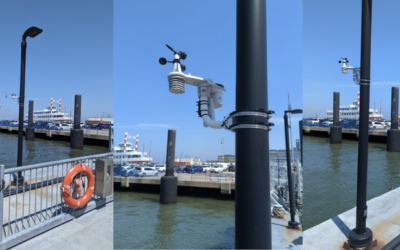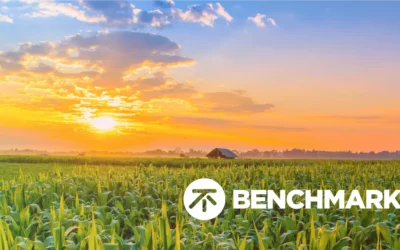Frost Forecast Is Going To Change With IoT Devices and Machine Learning
In Spring 2021, North Carolina’s apple farmers lost nearly two-thirds of their crops to an unexpected frost. Frost can cause serious damage to crops. In particular, most crops are vulnerable at the beginning of the growing season. It is possible to protect some fruit trees and other crops through effective watering, heaters, or fans but it requires farmers to act fast. While the severity of damage varies, no farmer wants to wake up one morning and find out there was an unexpected, early frost. Unfortunately, grid weather forecasts do not provide farmers with the accuracy they need to effectively manage the risk of frost.
Why current weather forecasts are broken in terms of frost forecasting
If farmers don’t have a remote farm weather station, they know how inaccurate gridded weather forecasts are. Each farm has a unique microclimate which these forecasts cannot accurately model. These gridded weather forecasts are particularly for farms that are large, located near a large body of water, or have unique topography. In the case of frosts, a small difference in temperature can make all the difference.
During the North Carolina freeze, the temperature dropped down to 22 degrees and destroyed most of the crop. If it had instead dropped down to 29 degrees, they would have lost closer to 10 percent of the crop. If more of the farmers had access to localized weather forecasts, they may have been able to save more of the crop. An early frost is always a tragedy but these kinds of losses are particularly devastating.
How IoT weather stations will help
These internet-of-things weather stations can deliver more accurate forecasts which give farmers more time to prepare for an early freeze. These weather stations collect localized, real-time data which can be integrated with the gridded weather forecasts. Farms that have one weather station for every five to ten acres of land can develop accurate, personalized weather 10-day forecasts. These localized forecasts can provide greater accuracy and give farmers a greater lead time to prepare for an early frost. By giving farmers an extra three to five days to prepare, these forecasts can enable farmers to avoid a disastrous frost.
How machine learning will supercharge the IoT and gridded weather data approach
Many farmers have invested in sensors but they are not able to turn that data into the kind of actionable information they need. At Benchmark Labs, we use machine learning to process this data and model the patterns that emerge from the combination of IoT and gridded weather data. We provide actionable reports which allow farmers to protect their crops and get an ROI on their investment on their personal weather stations.
Through the application of machine learning, these forecasts will improve over time. Every forecast is compared to the real conditions that occurred and the model uses this data to inform future predictions. This enables farmers to receive forecasts which are personalized to the specific microclimate of their farm and are far more accurate than traditional gridded weather forecasts.
A better way to manage risk
Farms will continue to generate large amounts of data and machine learning is the only sustainable way to turn that data into valuable information. These personalized forecasts help farmers to manage their risk in multiple ways. Not only do they give farmers the information they need to protect their crops from frost but these same forecasts can be used to prepare for drought. Once a farm has set up its remote weather station and receives its personal forecasts, they have the critical information they need to make all kinds of critical decisions.
—
If you would like to learn more about Benchmark Labs from our team and sign up for a trial, go to our sign-up page.
Recent Posts
Revolutionizing Offshore Wind Farm Installation and O&M with Benchmark Labs
Offshore wind farms demand precise weather information to perform installation, and operations and maintenance activities, as they are vulnerable to atmospheric and ocean conditions. Therefore, accurate weather forecasts are crucial for safe, complex operations. Why...
Benchmark Labs and Seeed Studio’s Collaboration: A New Era of Offshore Vessel Safety
At Benchmark Labs, we're dedicated to pushing the boundaries of weather forecasting through the power of AI and machine learning. Our mission is to provide hyperlocal, point-specific forecasts that empower industries to make informed decisions and operate safely, no...
Benchmark Labs Launches In-Situ Evapotranspiration Forecasts
Benchmark Labs the leading provider of AI & IoT-driven weather forecasting solutions for the agriculture, energy, and insurance sectors is pleased to announce the global launch of their in-situ evapotranspiration forecasting technology. We previously talked about...




